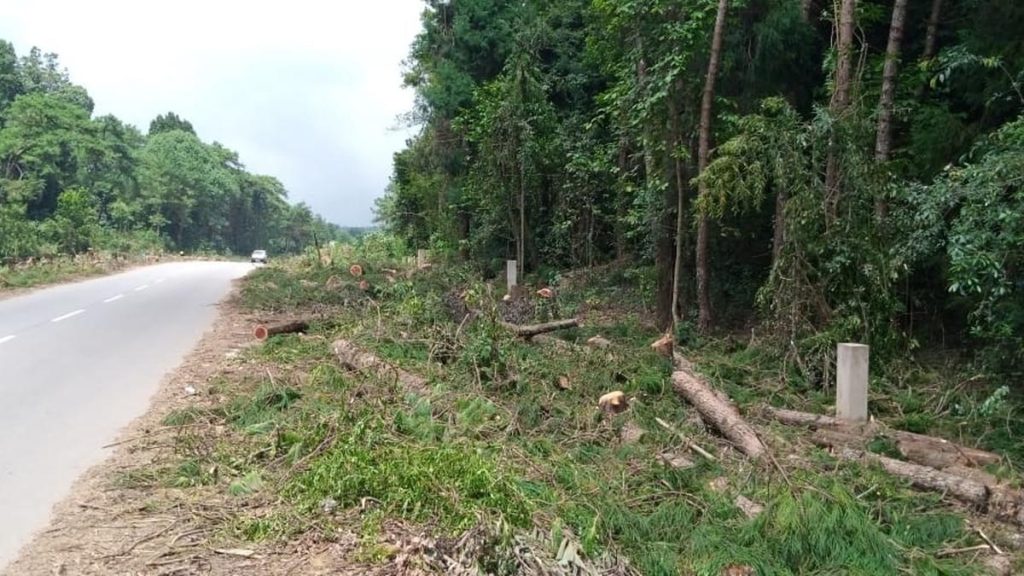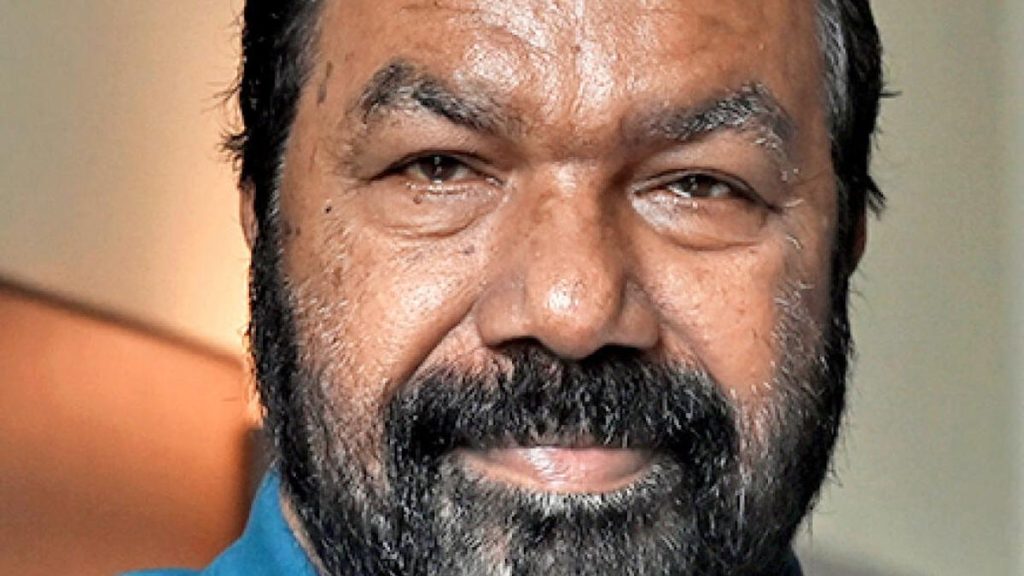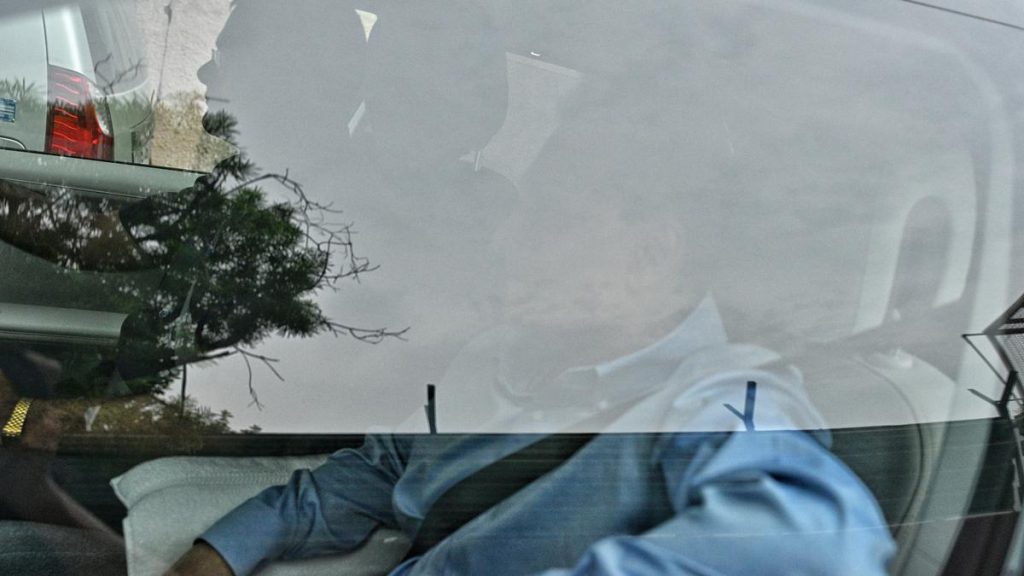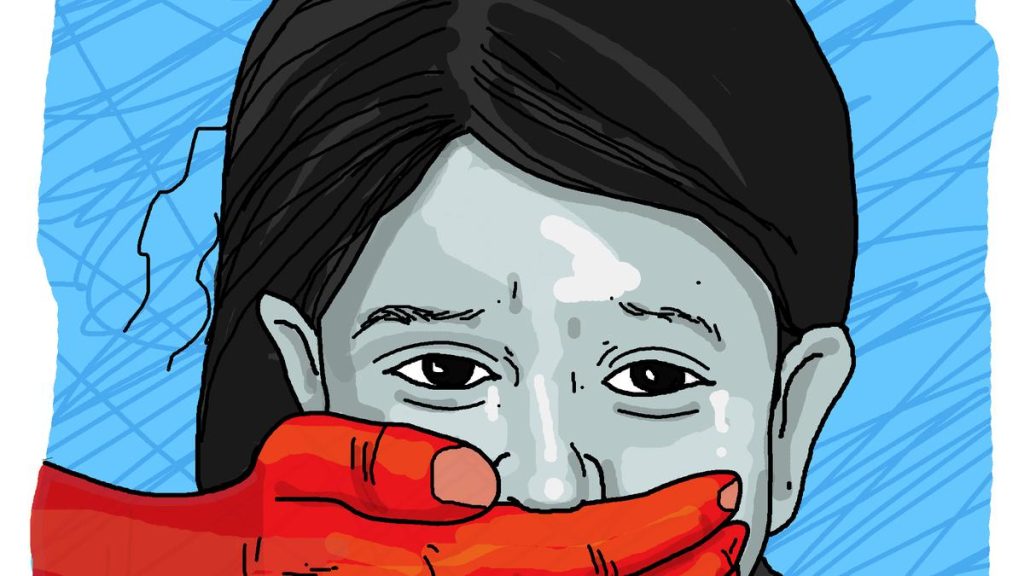Now Reading: Odisha Mandates Women’s Consent for Night Shifts
-
01
Odisha Mandates Women’s Consent for Night Shifts
Odisha Mandates Women’s Consent for Night Shifts
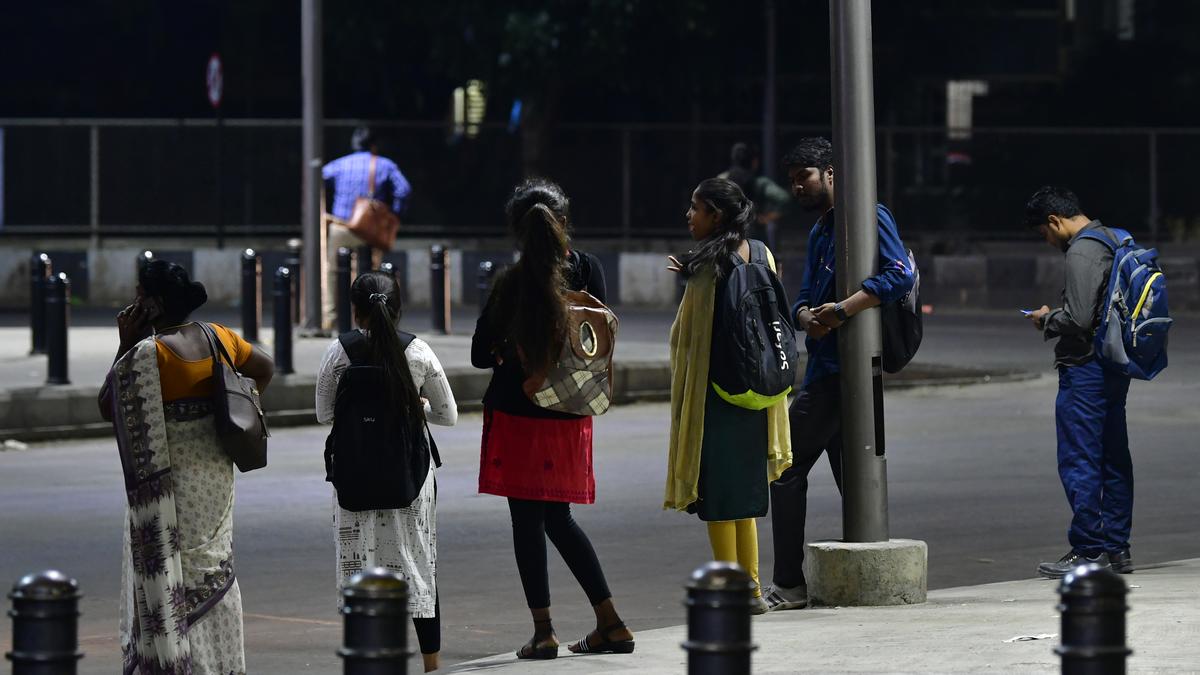
Speedy Summary
- The Odisha government has issued a notification focusing on enhanced safety measures for women working night shifts.
- Key mandates include:
– Written consent from women employees willing to work at night and at least three women present, perhaps including an onsite woman employer.
– Prohibition of adolescents (female minors) from working during night shifts in any capacity.
– Provision of GPS-enabled transportation to pick and drop women employees near their homes, with mandatory driver verification.
– Accessible restroom/washroom facilities with CCTV surveillance, proper lighting, and drinking water near the workplace.
– Prominent display of helpline numbers (government number: 181, Labor & ESI Department helpline: 18003456703) within workplaces and vehicles used for transport.
- Employers are required to ensure:
– At least eight consecutive hours of rest between day and night shifts when schedules change for women employees.
– Compliance with the Sexual Harassment of Women at Workplace Act, specifying prevention, prohibition, and redressal measures.
- Employers hiring women on night shifts must electronically submit self-certifications confirming compliance with all stipulated safety provisions via a government portal.
- Non-compliance will invite penalties under Section 35 of the Odisha Shops and Commercial Establishments Act, 1956.
Indian Opinion Analysis
the odisha government’s move demonstrates a proactive approach to addressing women’s safety concerns amid increasing scrutiny over workplace security. By mandating systematic provisions such as written consent for night work, GPS-enabled transport infrastructure with verified drivers, secure workplace environments equipped with CCTV cameras, as well as robust helplines and regulatory oversight mechanisms-this policy seeks to promote both participation in nighttime employment opportunities while safeguarding dignity.
However, implementation will be key.The requirement for employers to submit self-certification online is rooted in accountability but relies heavily on effective monitoring by authorities. Furthermore, prohibiting adolescents’ involvement during nighttime could help curb potential exploitation risks. The interplay between workers’ rights enforcement versus practical employer compliance challenges may require further refinements moving forward.
This initiative aligns well not just legally but symbolically reinforces India’s commitment toward creating equitable workspaces where concerns tied to gender-based vulnerabilities are addressed comprehensively.Read more: The Hindu


